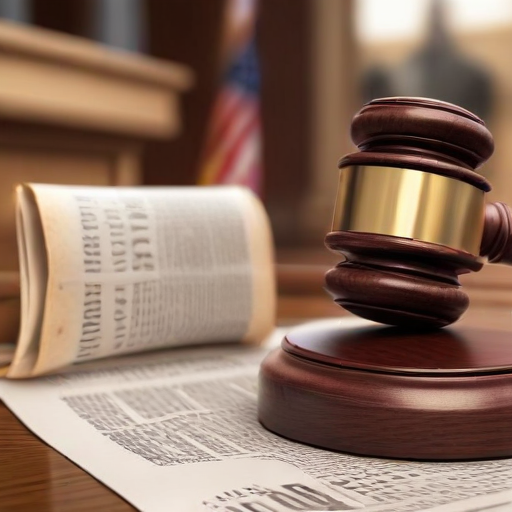A judge has dismissed Donald Trump’s election interference case, following a motion by special counsel Jack Smith. Smith argued that due to a longstanding Department of Justice policy, a sitting president cannot be prosecuted, prompting the judge’s decision to dismiss the case without prejudice. This means that while the case is currently closed, it does not entirely rule out the possibility of its future pursuit.
In her ruling, U.S. District Court Judge Tanya Chutkan stated that the dismissal aligns with the understanding that a sitting president’s immunity is temporary and ceases once they leave office. At the same time, it is highly improbable that any future prosecution would be initiated, given that the statute of limitations for the alleged offenses will likely expire by the end of Trump’s term.
Trump’s legal team did not contest this dismissal. Smith’s motion emphasized that the immunity for a sitting president is definitive, regardless of the specifics of the case.
In parallel, Smith is also seeking to advance the appeal concerning two co-defendants in Trump’s classified documents case, as they do not share the same immunity protections as Trump.
Trump’s spokesperson hailed the dismissal as a victory for the rule of law and expressed a desire to move past what they perceive as the political misuse of justice.
The case involved allegations against Trump for attempting to disrupt the 2020 election results through various means, including the promotion of misleading claims about election integrity during the January 6 Capitol breach.
A looming question remains regarding the timeline for Smith to finalize his investigations and submit a report to Attorney General Merrick Garland before Trump assumes office. The completion of this report is essential for transparency and could clarify procedural outcomes surrounding the special counsel’s findings.
This decision could potentially serve as a pivotal moment in the legal landscape, showcasing the judicial system’s interpretation of presidential protections while also shining a light on the complexities involving justice and politics. It embodies both the challenges of accountability and the ongoing discourse around political actions in the highest office.
In summary, while the dismissal can be viewed as a closure of the case in its current form, it opens a broader conversation on the implications of political immunity and the future relationship between the judiciary and the executive branch. Ultimately, this situation illustrates the evolving nature of American governance and the quest for justice, which continues to be a critical aspect of democratic integrity.
